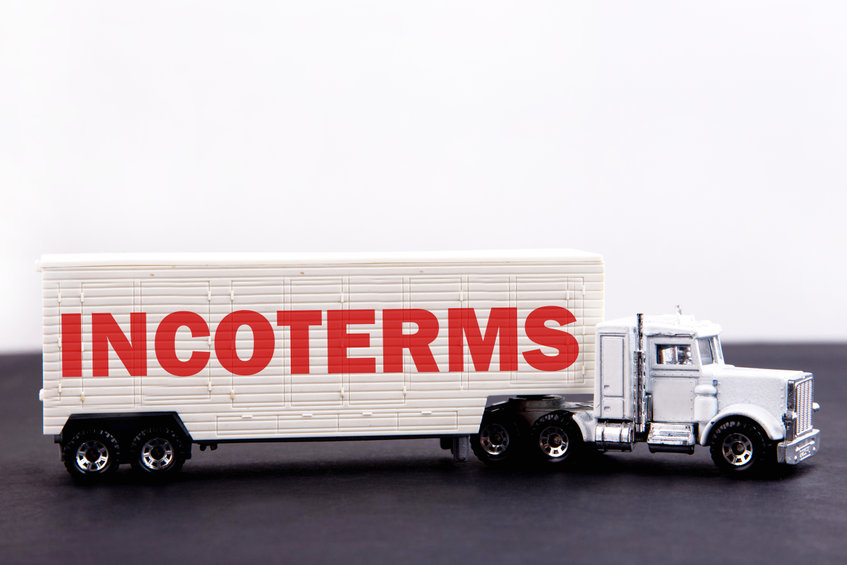Incoterms are a series of pre-defined commercial terms published by the International Chamber of Commerce relating to international commercial law. They are separated by modes of transportation and clarify the terms and conditions between the buyer and the seller in international and domestic trade contracts.
What Are the Most Widely Recognized Incoterms?
The eleven most widely recognized Incoterms are:
- Ex Works (EXW);
- Free Carrier (FCA);
- Carriage Paid To (CIP);
- Carriage and Insurance Paid To (CIP);
- Delivered at Place (DAP);
- Delivered at Place Unloaded (DPU);
- Delivered Duty Paid (DDP);
- Free Alongside Ship (FAS);
- Free on Board (FOB);
- Cost and Freight (CFR); and
- Cost, Insurance, and Freight (CIF).
What Are the Best Incoterms for the Buyer?
The best Incoterms for buyers are: (1) FOB, (2) EXW, and (3) DAP. This is because FOB allows the seller/exporter to leave the goods at the port of origin, prepared and ready for international transport, with the seller having taken care of all of the legal formalities and paperwork. EXW allows the seller to make the goods available for pickup at the seller’s business location or another specificized location; however, this should be used only when the buyer knows the import laws of the country well enough. DAP is also beneficial because it allows the buyer to import/buy for a cheaper price, allocating most of the responsibilities and risk to the seller. However, this option would surrender most of the buyer’s control over the ocean freight to the seller.
What Are the Best Incoterms for the Seller?
The best Incoterms for Sellers are: (1) CFR, (2) CIF, (3) DDP, (4) DAP, and (5) FOP. Under CFR and CIF, the seller has control over the international shipping costs which allow you to choose the most cost-effective shipping option. Under DDP and DAP, the seller has control over the shipping process and what happens in the country of destination; this is because under these, the seller’s only duty is to deliver the goods to the buyer’s warehouse or storage in the country of destination. FOB mandates the seller to load the goods onto the vessel at the port of origin; however, the seller has little control over shipping times and costs.
Are Incoterms Legally Binding on Their Own?
Under United States’ law, Incoterms are guidelines for international business transactions meant to help Buyers and Sellers set the transfer of responsibility and liability between the parties in their purchase orders or sale agreements; therefore, they are not legally binding on their own.








